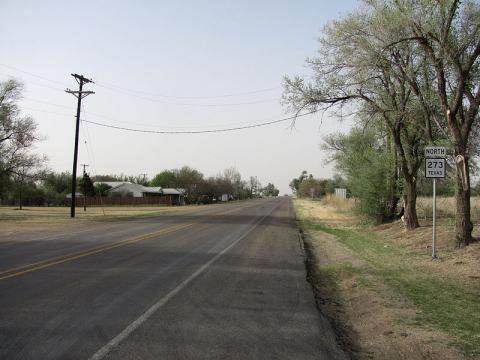
Summertime will end on September 22nd this year, meaning that driving conditions continue to favor driving and road trips. As the weather starts cooling down, roads remain dry, visibility is excellent, and daylight hours continue to be long. Optimal driving conditions, right? Keep in mind however, that September is the second deadliest month for car crashes, behind July.
Deadliest Days of the Year
The National Highway Traffic Safety Administration, or the NHTSA’s, mission is to “save lives, prevent injuries, and reduce vehicle-related crashes.” In their continual quest for improvement they have found that alcohol impaired drivers cause twice the number of automotive deaths during the summer months than at any other time during the year. Teen drivers fare even worse with the 100 days between Memorial Day and Labor Day being the days with the highest amount of traffic-related fatalities.
The Insurance Institute for Highway Safety or IIHS is another group that is dedicated to reducing losses – deaths, injuries, and property damage – from car crashes on the nation’s roadways. The IIHS, although completely funded by the auto industry, lists the following as the deadliest days on which to drive a vehicle (dates appear in order of deadliness):
- July 4
- September 2
- August 13
- July 15
- May 20
- November 11
- December 31
Only two main holidays, Independence Day and New Year’s Eve make the list. The other days are regular days on the calendar. August, then September, and followed by the month July, are the deadliest months overall for traffic-related fatalities.
Some additional statistics maintained by IIHS include:
- Most car crashes occur during rush hour between 3PM and 6PM daily.
- Saturday is the most dangerous day of the week to drive.
- Fatal drunk driving accidents occur on the weekend between midnight and 3AM.
- Fatal car crashes are four times higher at night than during the day.
Texas DWI Laws
The state of Texas has a mandate to protect life and property on its roadways. It is illegal in Texas for people over 21 to drive with a blood alcohol concentration (BAC) level that is 0.08% or higher. Furthermore, Texas has a zero-tolerance policy relating to minors and alcohol. Any trace of alcohol in a minor lead to a DWI charge for the minor. While weekends and late nights see the bulk of alcohol-related fatalities, most of the people who died were not the ones drinking.
DWI Defense in Texas from an Experienced, Trusted, and Respected Attorney
Plano and Denton Texas DWI Defense lawyer Kimberly Griffin Tucker represents people in criminal DWI proceedings as well as the corresponding civil administrative ALR hearings following driver’s license suspensions. From the charge to arraignment; sentencing through nondisclosure and expungement, Kimberly Griffin Tucker handles the full spectrum of DWI cases in Denton, Collins, and Dallas Counties to help you resolve your DWI arrest as quickly as possible. Contact Kimberly Griffin Tucker online to schedule your free case evaluation.
(image courtesy of John Phelan)
